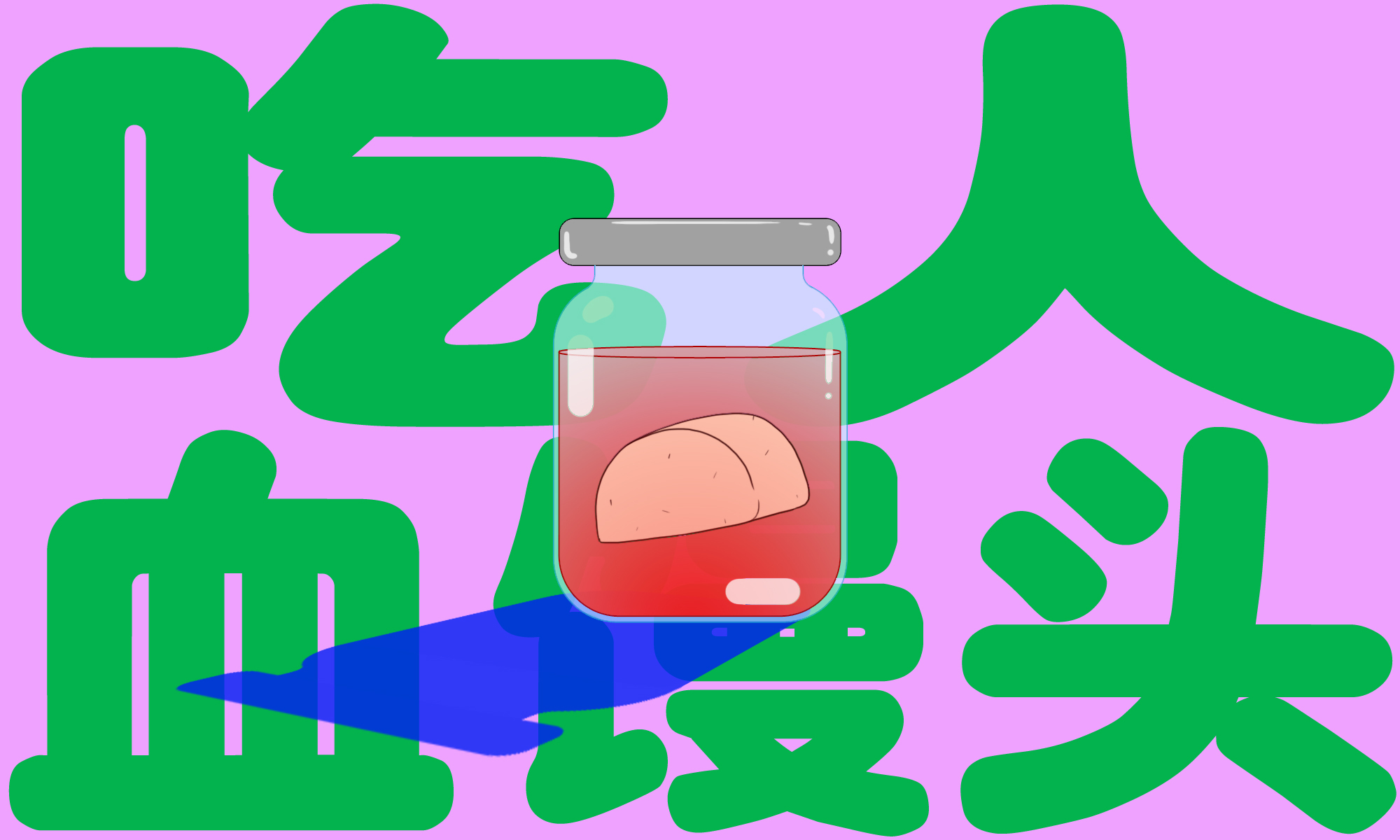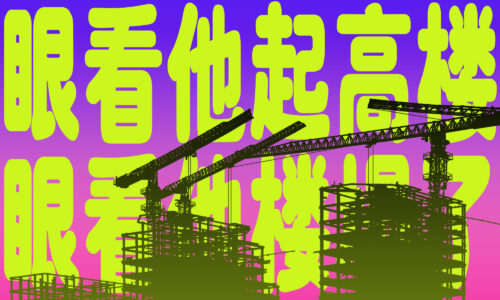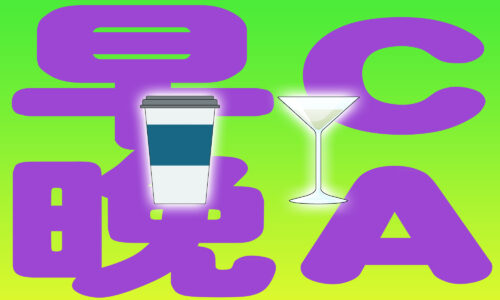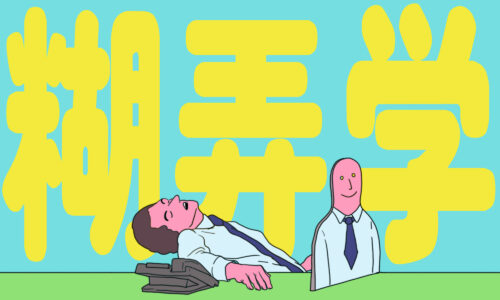‘Taking advantage of people’s suffering for your own gain’ — phrase of the week
The recent attack in Tangshan has led to some people to leverage it to promote themselves on social media.

Our phrase of the week is: Taking advantage of other people’s suffering for your own gain (吃人血馒头 chī rén xiě mán tou).
Context
In the aftermath of a brutal assault on a group of women diners in Tangshan last week, rumors about how the case was being handled circulated on social media.
Government and media warned against spreading rumors online. Some of the rumors were of attacks apparently caught on camera which turned out to be set-ups, such as this one by manager of a Taekwondo gym in Sichuan. The article reads:
Not long after the attack, a Taekwondo gym in Xiehong in Sichuan, set up a woman being harassed in a late-night restaurant, with a man bravely coming to her rescue.
事件刚发生不久,四川射洪便有一跆拳道馆,摆拍夜宵店女子被调戏,男人见义勇为
The intention was to use this publicity for their own gain. The article continues:
This is just people trying to leverage the attention from the Tangshan attack to attract online traffic. As this evil has not yet been punished by the law, it is shocking to see some people leverage social media, using people’s suffering for their own selfish gains.
他们来蹭唐山事件热点、博取流量。在罪恶尚未被依法严惩之前,居然已经有人为了流量,开始吃起了人血馒头。
Translation
Leveraging other people’s suffering for their own selfish gains directly translates as “eating human-blood-soaked steamed buns.”
Eating steamed buns (馒头 mán tou) soaked in human blood is a traditional Chinese medicine treatment for ailments such as respiratory disease.
It was described by Chinese novelist Lǔ Xùn 鲁迅 in his short story “Medicine” (药 yào), published in 1922.
The story tells the tale of Old Shuan 老栓 (Lǎo Shuān) and his wife, whose son is dying from tuberculosis. Desperate to find a cure, the couple are deceived by a man who sells to them, at great expense, steamed buns soaked in human blood, which he says is guaranteed to cure the sickly child. But the boy’s illness continues to deteriorate, and he dies two days later.
Through this metaphor, Lu Xun describes how tradition, superstition, and old thinking in Chinese society is used to deceive innocent people.
Nowadays, eating human blood-soaked buns is a common phrase used when a person, a company, or a brand is seen to leverage a terrible situation for their own gain, such as using the Tangshan attack to promote a Taekwondo gym.
It’s just like what Lu Xun wrote about. What’s the difference between this and the man selling human blood-soaked steamed buns?
与鲁迅先生笔下,吃人血馒头的人有何区别?
Phrase of the Week is a weekly The China Project column. If you enjoyed this, check out Andrew Methven’s Slow Chinese 每周漫闻 newsletter, a resource to help you master modern Mandarin and understand how people speak Chinese today.






